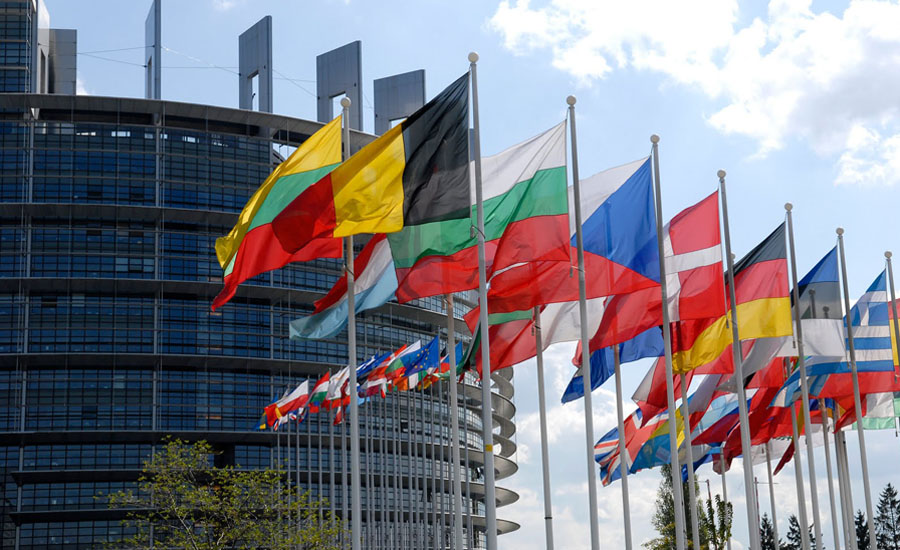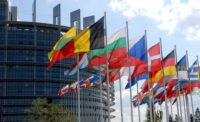European researchers focus on work’s impact on health

Approximately thirty leading European researchers, trade unionists and representatives of associations gathered this week for a seminar organized jointly by the European Trade Union Institute (ETUI), the Belgian association Santé & Solidarité, and the Free University of Brussels (ULB). The event was intended to present projects in which researchers and workers contribute their joint efforts in pursuit of a common goal, namely to raise visibility of the impact of work on health.
Occupational physician Patrick Cadeddu Martin presented Sisvel, an epidemiological monitoring system developed in the autonomous community of Valencia (eastern Spain). By means of this system, general practitioners are able, using a computerized tool, to communicate and share information on cases in which there is some suspicion that ailments are linked to the patient’s work. Since the system was launched in 2010, the number of declarations of occupational sickness in the Valencia region has increased steeply.
Cancer linked to specific occupations
Danish epidemiologist Elsebeth Lynge (University of Copenhagen) is a participant in the Nocca project, a register of cancer cases that pools data from five countries (Sweden, Denmark, Finland, Norway, Iceland). The huge resulting data base has enabled links to be established between cancers and specific occupations, such as a rare form of cancer of the biliary tract among print workers.
Pulmonary specialist Benoit Nemery (KULeuven) has identified several cases of severe pulmonary disease triggered by exposure to products regarded as harmless but which may turn out to be particularly dangerous in specific circumstances. He presented, in particular, the case of a young entertainment company employee diagnosed with an interstitial pulmonary fibrosis. Professeur Nemery suspects this case of a disease extremely rare among young people to be attributable to the inhalation of vaporized mineral oils from a ‘theatrical smoke and fog machine.’
"Undone science"
Emmanuel Henry, Professor of sociology at the Université Paris Dauphine, denounced the lack of interest shown by public officials in occupational health research, resulting in under-financing of this field of scientific research and hence a shortfall scientific knowledge described by Professor Henry as ‘undone science’.
French epidemiologist Émilie Counil and geographer Benjamin Lysaniuk presented the findings of a project aimed at tracing back the occupational exposure to carcinogenic substances of patients treated in the oncology services of three hospitals in the Seine-Saint-Denis area (north and east of Paris).
Sociology doctorant Laetitia Melon (ULB) went on to explain the procedure followed during a research action conducted with the staff of welfare sector institutions subject to psychosocial risks.
By way of conclusion, former Belgian trade union leader Jean-Marie Léonard (now retired), noting that the trade unions’ approach to occupational health issues is all too often based on arguments inspired by an employer-style ethos, urged the unions to embark, once and for all, on a ‘genuine strategy for change.’
Looking for a reprint of this article?
From high-res PDFs to custom plaques, order your copy today!





